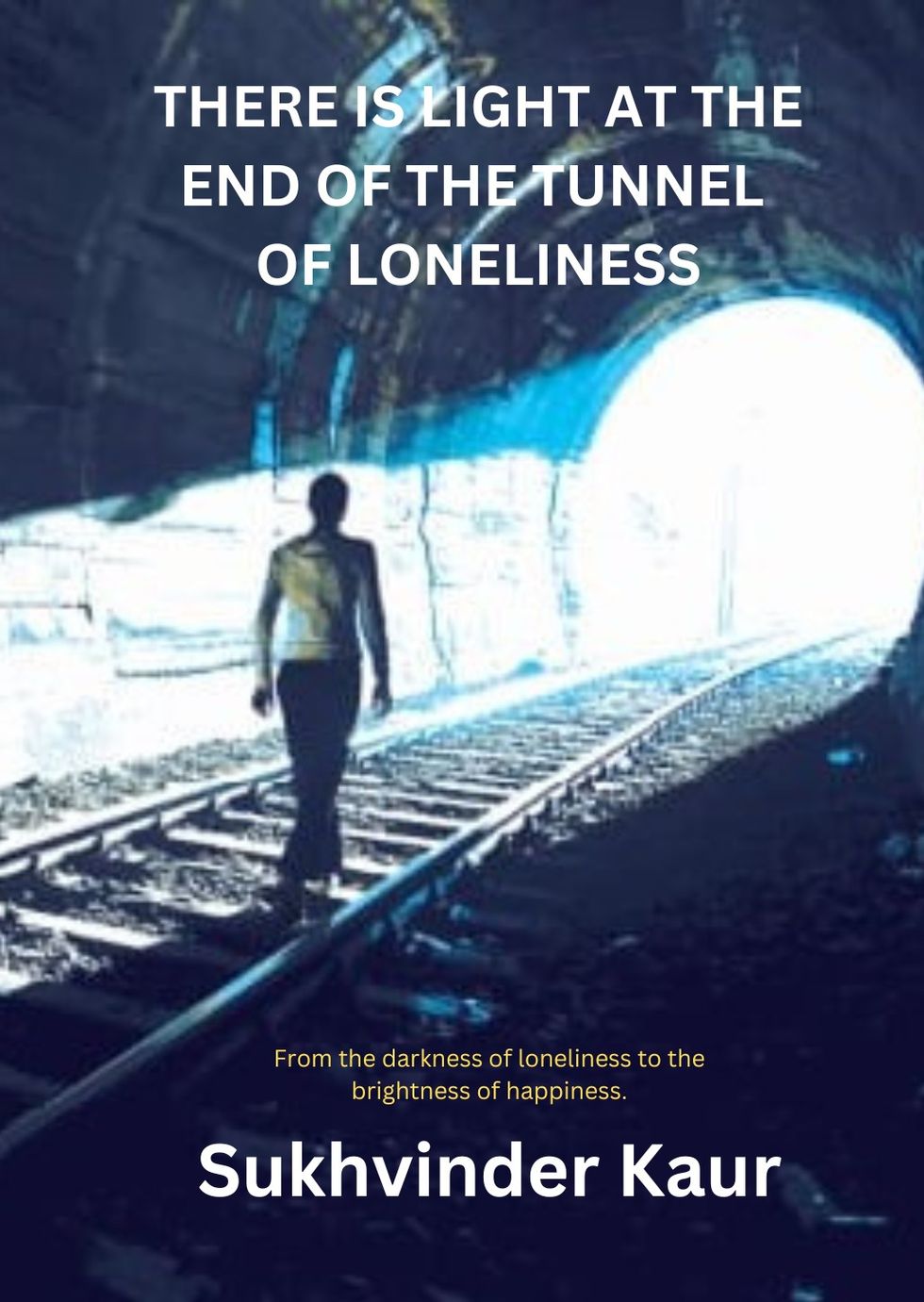Cabin crew in protective suits, health certifications for passengers, mandatory face masks, and longer check-in times.
This is the new reality of mass air travel.
As people dream of taking to the skies once more, they face the prospect that changes to curb the spread of coronavirus will be even more challenging than those brought in after the 2001 terror attacks in the United States.
In addition to the strict security measures commonplace around the world since then, passengers will now encounter a barrage of checks for COVID-19.
"Before the pandemic, we were told to arrive two hours before the flight. This time we had to be at the airport at least four hours before flying," said Indonesian Suyanto after taking a domestic route in late May.
There were multiple queues and screenings before he could even check in at the airport, he added.
Passengers in the country must declare a reason for flying, provide documentation proving they are virus-free, undergo multiple screenings, and offer details of their movements on arrival.
"It was more tiring and expensive. With these kinds of strict rules, I think people will think twice before travelling," said the 40-year-old, who had to pay double the usual fare for his short flight as some seats were left empty for social distancing.
As the aviation industry attempts to find a way forward, experts warn the impact of the pandemic will be far-reaching.
"9/11 created a new environment for the entire travel industry in terms of security," explained Shukor Yusof from Malaysia-based Endau Analytics.
While the fallout from the 2001 attacks could be used as an "indicator" of what to expect, the COVID-19 challenge was a "far more serious... global event", he said.
- Defiant passengers -
The United Nations' civil aviation agency has drawn up a set of guidelines for safe flying in the wake of the pandemic, from mandatory wearing of masks to the disinfection of areas people come in contact with.
In addition, industry body the International Air Transport Association (IATA) has suggested governments collect passenger data -- including health information -- ahead of travel, and that access to airports be restricted to staff and same-day travellers.
Other measures outlined in their guidelines include the redesign of gate areas to reduce congestion, faster and smoother boarding and baggage collection procedures, and even "prohibiting queues for the washrooms" to limit passenger interaction.
"The COVID-19 crisis is the biggest disruption in the history of the aviation industry. The recovery is going to be long and slow," Albert Tjoeng, regional spokesman for IATA, told AFP.
Implementing new regulations is already proving challenging -- and chaotic.
While some US airlines require masks be worn in-flight, it has proven difficult to enforce this rule if passengers are defiant.
In India, which resumed domestic flights last week, some cabin crew wore protective suits with masks, plastic visors and blue rubber gloves, but, according to media reports, had no idea if they were supposed to quarantine post-flight.
Mumbai airport put in place social distancing rules but these quickly fell apart when angry travellers harangued staff after flights were cancelled last-minute.
The most hotly debated measure in the industry has been whether to leave middle seats empty.
Japan Airlines and Delta are among carriers doing so but Michael O'Leary, the boss of Irish low-cost airline Ryanair, has said the idea is "idiotic" and would stop his firm making money.
- 'Travel bubbles' -
The emergence of COVID-19, which was first reported in China last year and has since infected more than seven million people worldwide, brought air travel to an almost complete halt with entire fleets grounded and mass layoffs.
IATA forecasts international carriers are in line to make a combined net loss of more than $84 billion this year.
"We don't know exactly how the trajectory of this recovery will look," Singapore Airlines chief executive Goh Choon Phong said, after the carrier reported the first full-year loss in its 48-year history.
There are some signs of recovery as major economies ease lockdowns -- with IATA pointing to a growth in flight numbers from April to May -- but flying looks set to struggle to return to pre-virus levels.
A confusing patchwork of rules imposed by countries at different stages in tackling their outbreaks makes it tricky for consumers to plan holidays or visit family abroad.
Some nations are maintaining bans on travellers from hard-hit nations or requiring people to enter quarantine on arrival, typically for a 14-day period.
Countries that have kept the virus in check are looking at creating "travel bubbles", or reciprocal agreements with other places on similar outbreak curves, but these can have onerous requirements.
A "fast lane" for essential business and official travel between some parts of China and Singapore has been launched, but travellers need sponsorship and have to take a virus test before departure and on arrival.
Many who previously flew frequently may simply choose not to for the time being.
Fazal Bahardeen, chief executive of Singapore-based Islamic travel specialist HalalTrip, told AFP: "If I have to go through all the hassle, I might as well not travel unless I really have to."





 Kareena remains an unstoppable forceInstagram/ kareenakapoorkhan
Kareena remains an unstoppable forceInstagram/ kareenakapoorkhan











 Rolex GMT-Master II Rolex
Rolex GMT-Master II Rolex Rolex Day-Date 40 Rolex
Rolex Day-Date 40 Rolex Rolex Day-Date 40 Presidential Rose Gold Rolex
Rolex Day-Date 40 Presidential Rose Gold Rolex Rolex Datejust 41 Rolex
Rolex Datejust 41 Rolex Rolex Submariner 41mmRolex
Rolex Submariner 41mmRolex
 And , her book
And , her book
